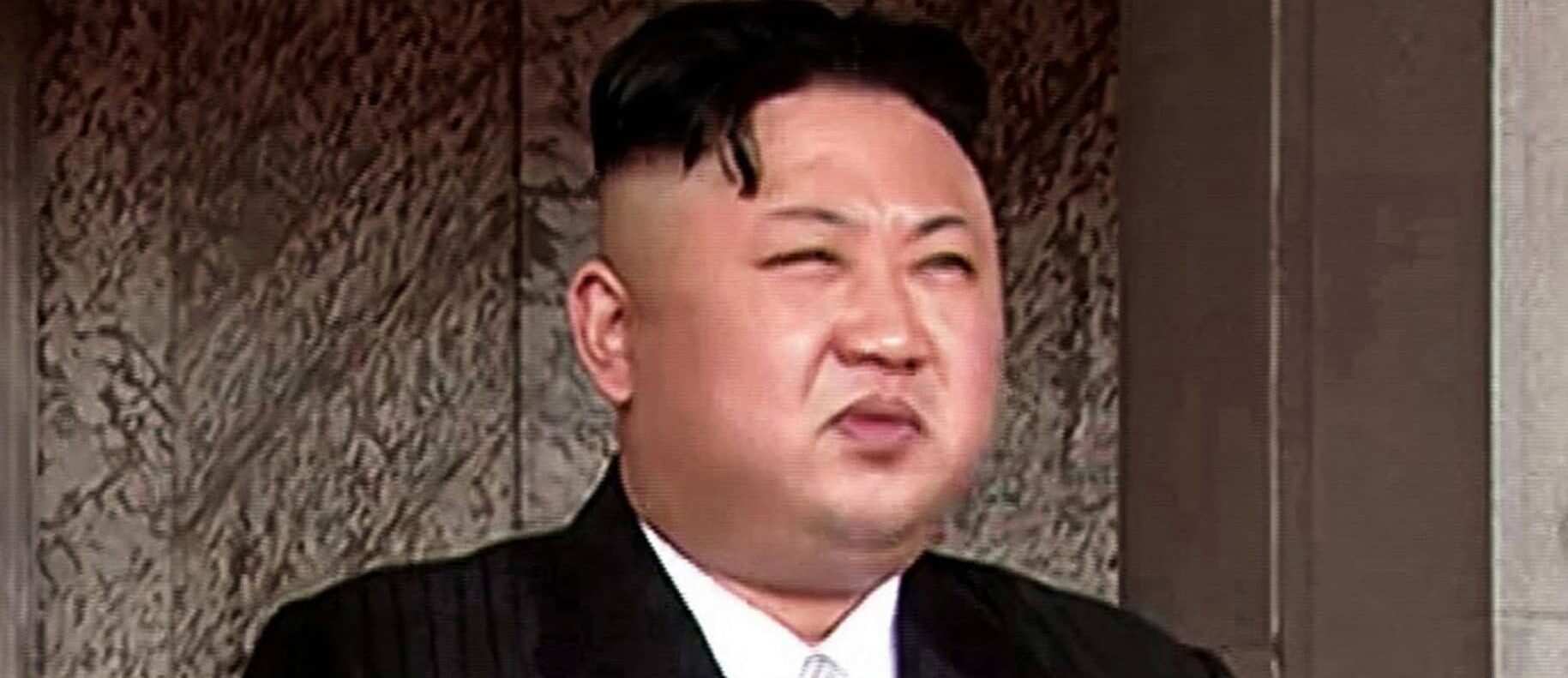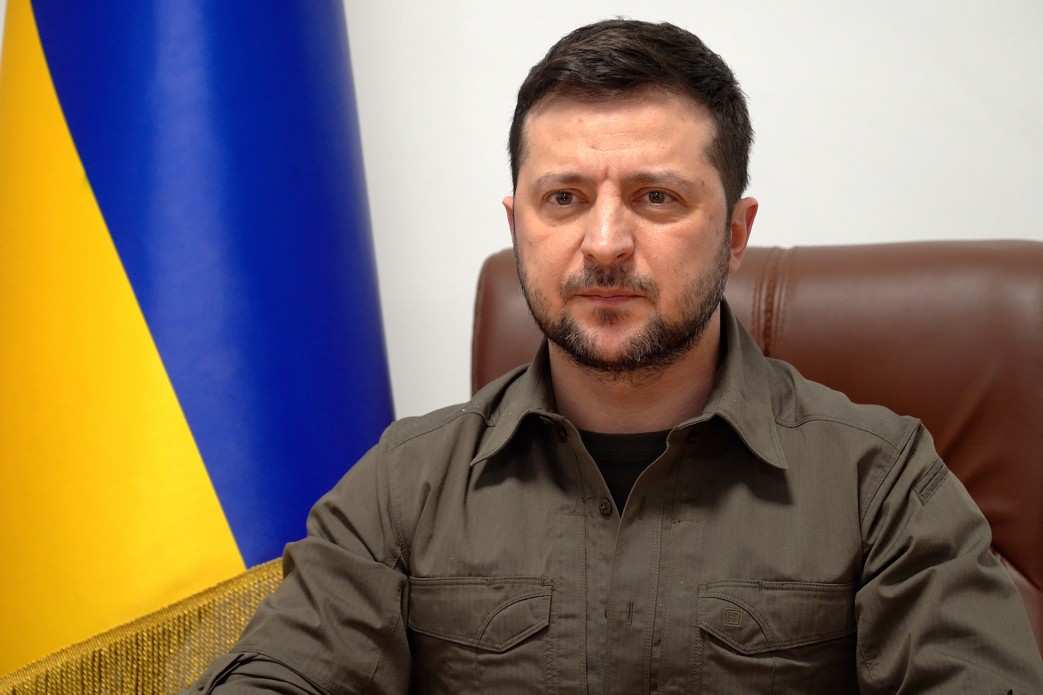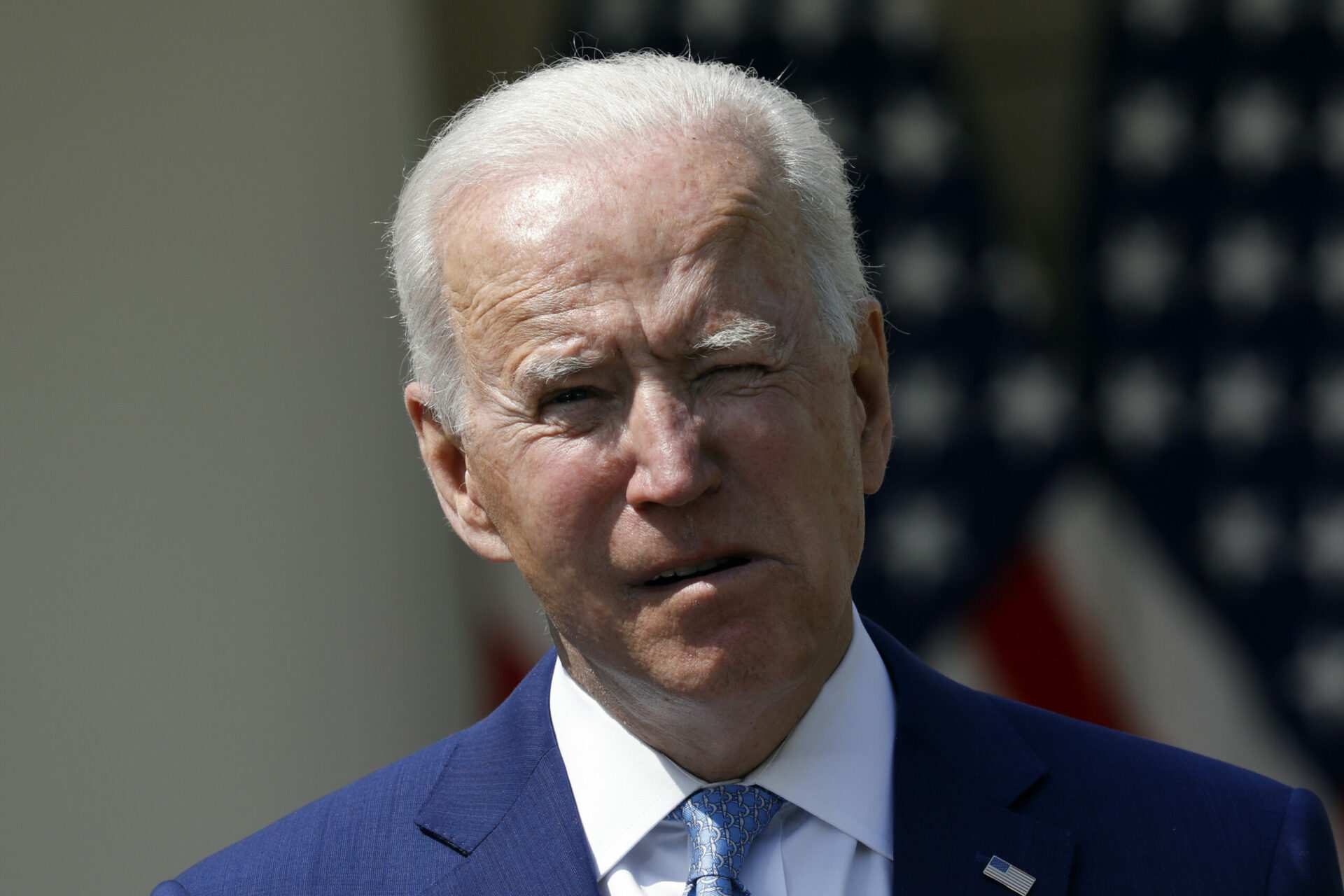
This article was originally published by Radio Free Asia and is reprinted with permission.
North Koreans working in clothing factories in China must be nearly flawless under new punitive regulations that dock workers’ pay if they produce too many defective garments, residents in China told Radio Free Asia.
The new rules seem to be a way for the cash-strapped North Korean government to justify keeping more of the dispatched workers’ hard earned salaries, a resident of the city of Donggang in China’s Liaoning province told RFA Korean on condition of anonymity for safety reasons.
“Earlier this month, notices on production performance evaluations, work regulations, and wage reduction rules were posted in the form of posters at each North Korean company in Donggang,” he said. “Wages will be reduced if reprocessing is required due to a work mistake or if a defective product occurs.”
On the first and second instances, the team leaders will be punished, not the individual worker, the notice said, according to the resident.
“That leader’s wages will be docked first. If three out of 200 pieces of clothing produced … must be repaired, 50 Chinese yuan (US$7) will be deducted. The second occurrence will also incur a 50 Chinese yuan penalty,” he said. “But from the third incident, 30 points will be deducted per item from the work group’s performance rating.”
The work groups can earn 10 points per day for a full day of work, and their compensation is based on the number of points they can earn in a month, which is usually around 200, the resident explained.
So losing 30 points is the same as missing out on three days of pay, all for just a single flawed item produced. If there are three or four flawed items made, the reduction would be around half of the work group’s monthly salary.
“The reason for the notice and reduction regulations is to collect even more foreign currency by reducing workers’ wages even more,” the resident said. “In addition, if a worker falls short of the daily production goal or delivers a defective product, there is a penalty that requires not only a reduction in wages, but also mandates that the worker cleans bathrooms.”
100,000 workers
The source said that there were about 100,000 North Korean workers in China, and Chinese companies calculate an average contract amount to be 2,000 to 2,500 yuan (US$280-350) per month per person and they pay the full amount to the North Korean companies.
The lion’s share of this is forwarded to Pyongyang, however, and the workers themselves earn only a small fraction of it.
The 100,000 figure matches the estimate of workers in China from human rights groups, such as the U.S.-based Committee for Human Right in North Korea
Many North Korean workers in China put in on average 12 to 14 hours a day, including nights with only one day off each month, although it varies slightly from company to company.
A resident of Dandong, which lies across the Yalu River border from North Korea’s Sinuiju, told RFA on condition of anonymity that notices of the new rules have gone up in factories in that city as well.
“They say the year-end evaluation will be based on these rules,” he said. “A North Korean clothing company in Dandong posted the notice. … They are urging workers to increase their annual production.”
The products made by the North Korean workers will not only be used locally, the Dandong resident said.
“This … is a clothing company that produces luxury clothing in China and exports extensively, not only domestically, but also to Europe through Russia,” he said. “However, these products are mostly made with the blood and sweat of North Korean workers.”
Under international sanctions meant to deprive Pyongyang of cash and resources that could be funneled into its nuclear and missile programs, all North Korean workers were supposed to have returned home by the end of 2019, and no new work visas were to be issued to North Korean citizens since then.
But cash-strapped Pyongyang is still dispatching workers to both Russia and China by using loopholes, including by sending the workers on student visas.








